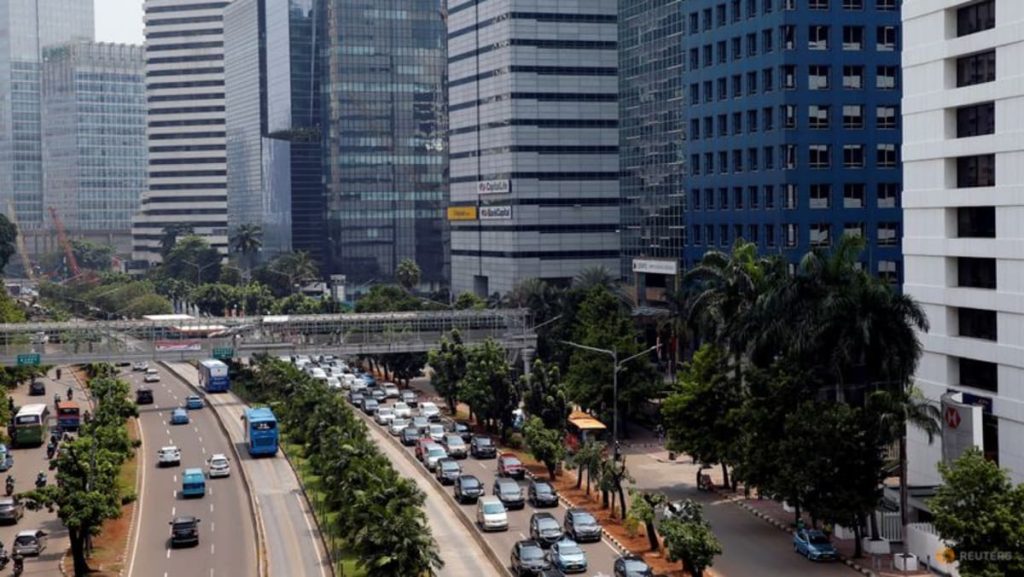Indonesia’s newly elected President Prabowo Subianto has initiated a significant fiscal tightening measure, ordering a sweeping 306.7 trillion rupiah (US$18.8 billion) reduction in government spending for the current year. This represents a substantial 8% cut from the total approved budget of 3,621.3 trillion rupiah, signaling a strong emphasis on fiscal prudence and efficient resource allocation under the new administration. The move comes amidst concerns about the potential fiscal impact of ambitious social programs and the need to maintain Indonesia’s strong economic standing. While details of the specific areas targeted for cuts are yet to be finalized, the government has indicated that ministries and agencies will be responsible for identifying areas where savings can be achieved.
The spending cuts, directed through a formal presidential instruction, do not involve a revision of the 2025 state budget, which would necessitate parliamentary approval. Instead, the government is pursuing internal adjustments within the existing budget framework. This approach allows for greater flexibility and quicker implementation, bypassing the potentially lengthy legislative process. The move underscores President Subianto’s commitment to streamlining government operations and optimizing resource utilization without resorting to major legislative overhauls. It also reflects a proactive approach to managing public finances and ensuring fiscal sustainability in the face of potential economic headwinds.
One of the key focal points of the spending reduction initiative is a directive to curtail expenditures on ceremonies and business trips by half. This measure aims to curb non-essential spending and promote a culture of fiscal restraint within the government. By reducing outlays on these often-symbolic activities, the administration seeks to free up resources for more impactful programs and initiatives aligned with its development priorities. This emphasis on cost-cutting reflects a broader effort to enhance the efficiency and effectiveness of government operations, demonstrating a commitment to achieving more with less.
The spending cuts come against the backdrop of President Subianto’s ambitious social welfare agenda, particularly his flagship free meals program. This initiative aims to provide free meals to a substantial portion of the population, starting with 17.5 million people and potentially expanding to 82.5 million, representing over a quarter of the Indonesian population, by the year’s end. While the government has allocated 71 trillion rupiah for this program in the current budget, the proposed expansion would require a substantial increase in funding, estimated at an additional 100 trillion rupiah. This poses a significant fiscal challenge, raising concerns about the potential strain on government finances and the need to balance social welfare priorities with fiscal sustainability.
The potential need for increased borrowing to finance the expansion of the free meals program has sparked debate among economists, some of whom have cautioned against the potential risks to Indonesia’s hard-earned reputation for fiscal prudence. The country has maintained a relatively low debt-to-GDP ratio and a stable macroeconomic environment, and there are concerns that significant additional borrowing could undermine these achievements. The challenge lies in balancing the social benefits of the program with the potential fiscal costs and ensuring that its implementation does not jeopardize the long-term economic stability of the country.
The finance ministry’s projection of a 2.53% budget deficit for 2025, relative to Indonesia’s GDP, suggests that the government is striving to maintain fiscal discipline despite the pressures of increased spending demands. The spending cuts announced by President Subianto are likely part of a broader strategy to manage the budget deficit and ensure that it remains within sustainable limits. However, the potential need for additional funding for the free meals program and other government initiatives could put pressure on this target. The government will need to carefully manage its finances and prioritize spending to achieve its social and economic goals while maintaining fiscal responsibility.

